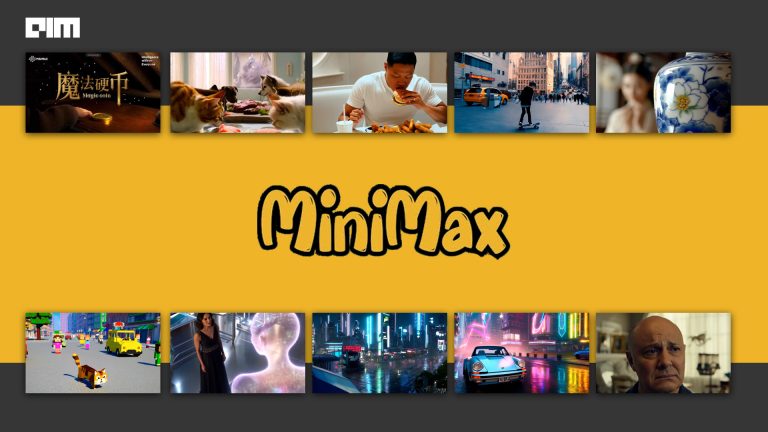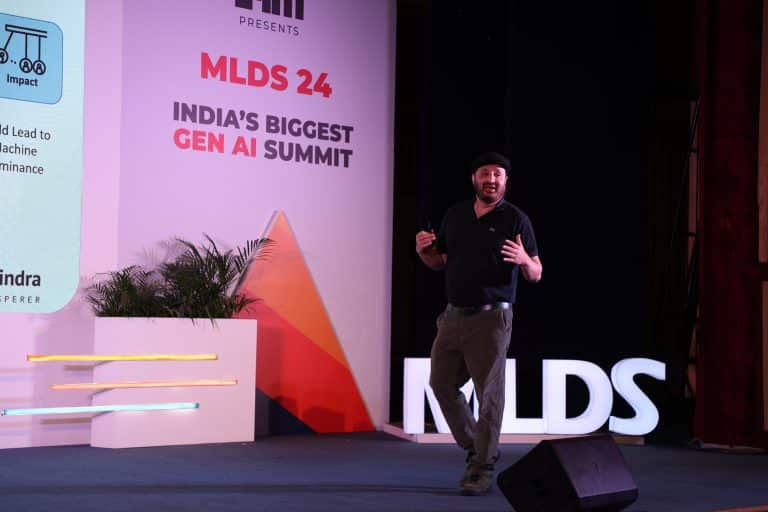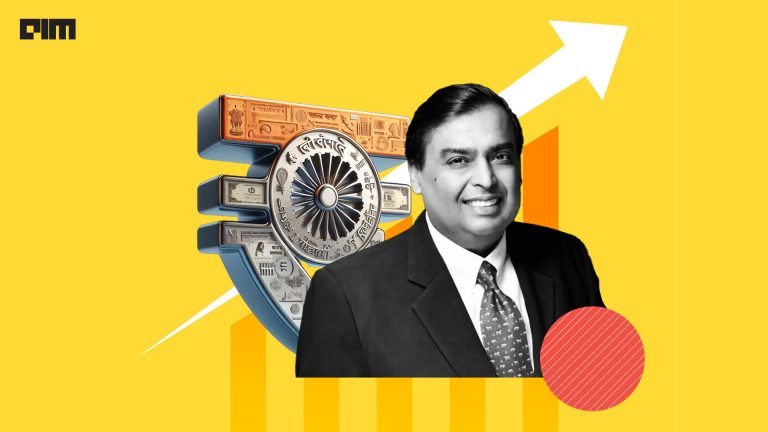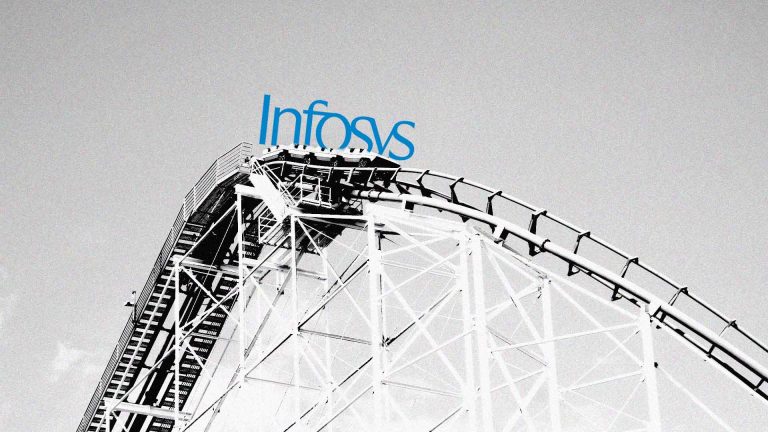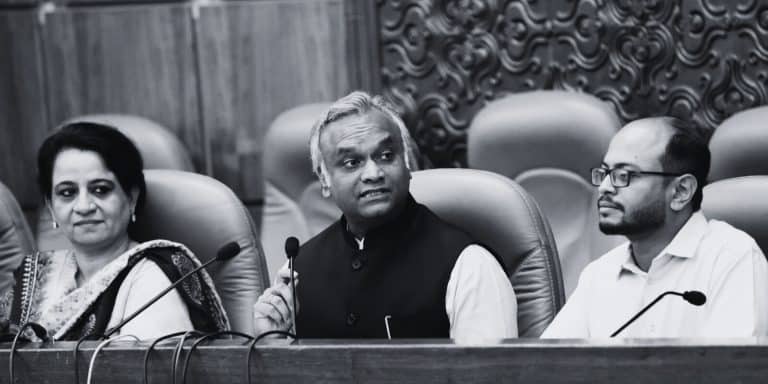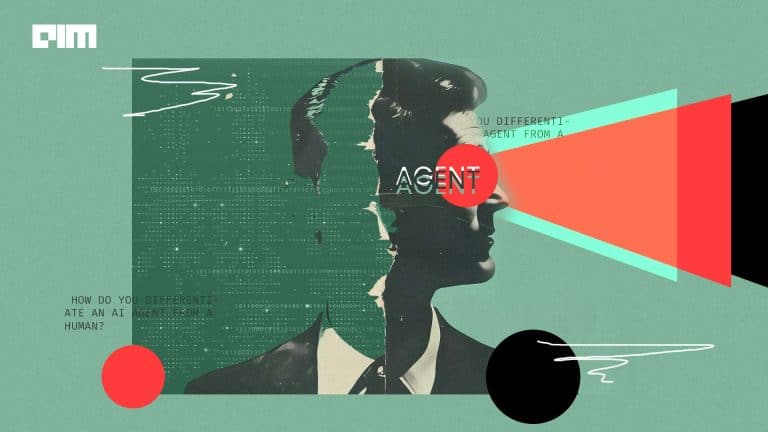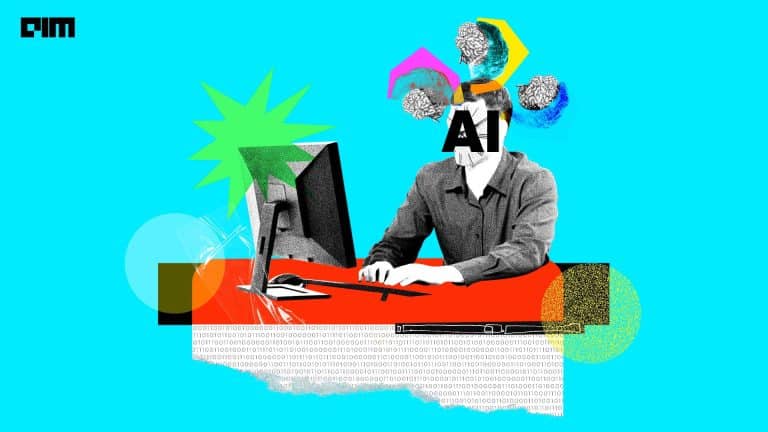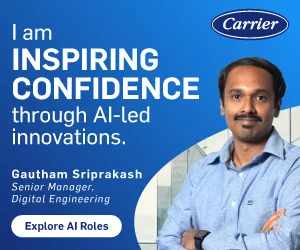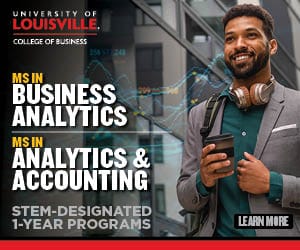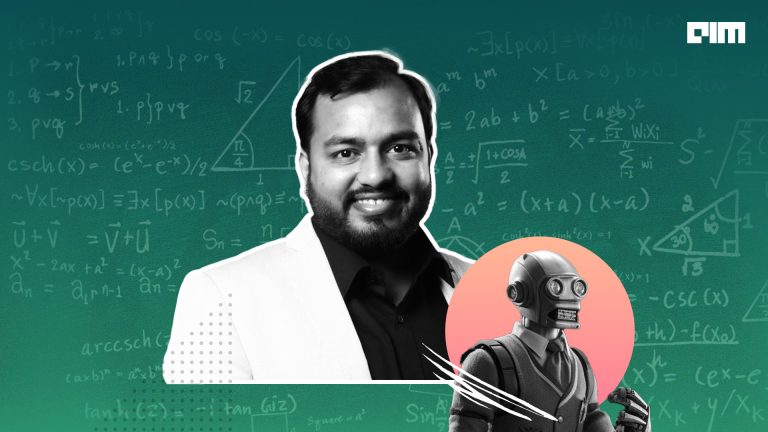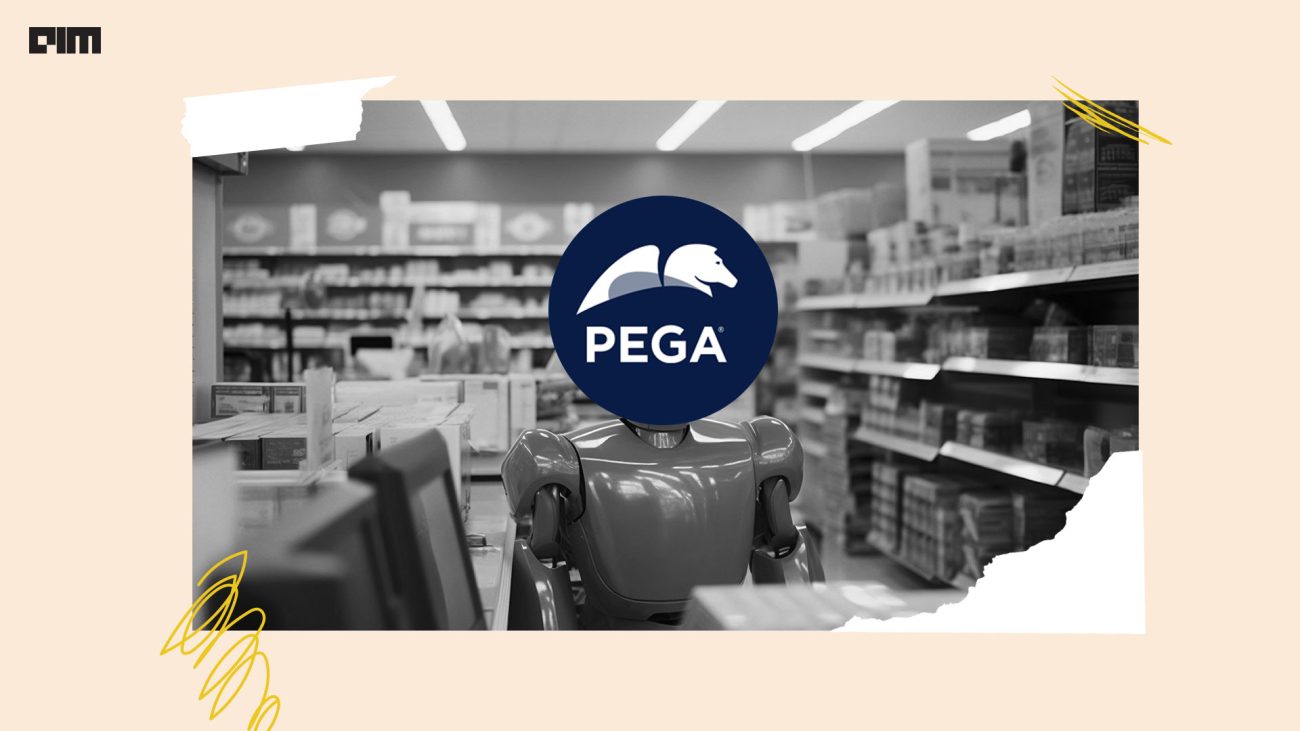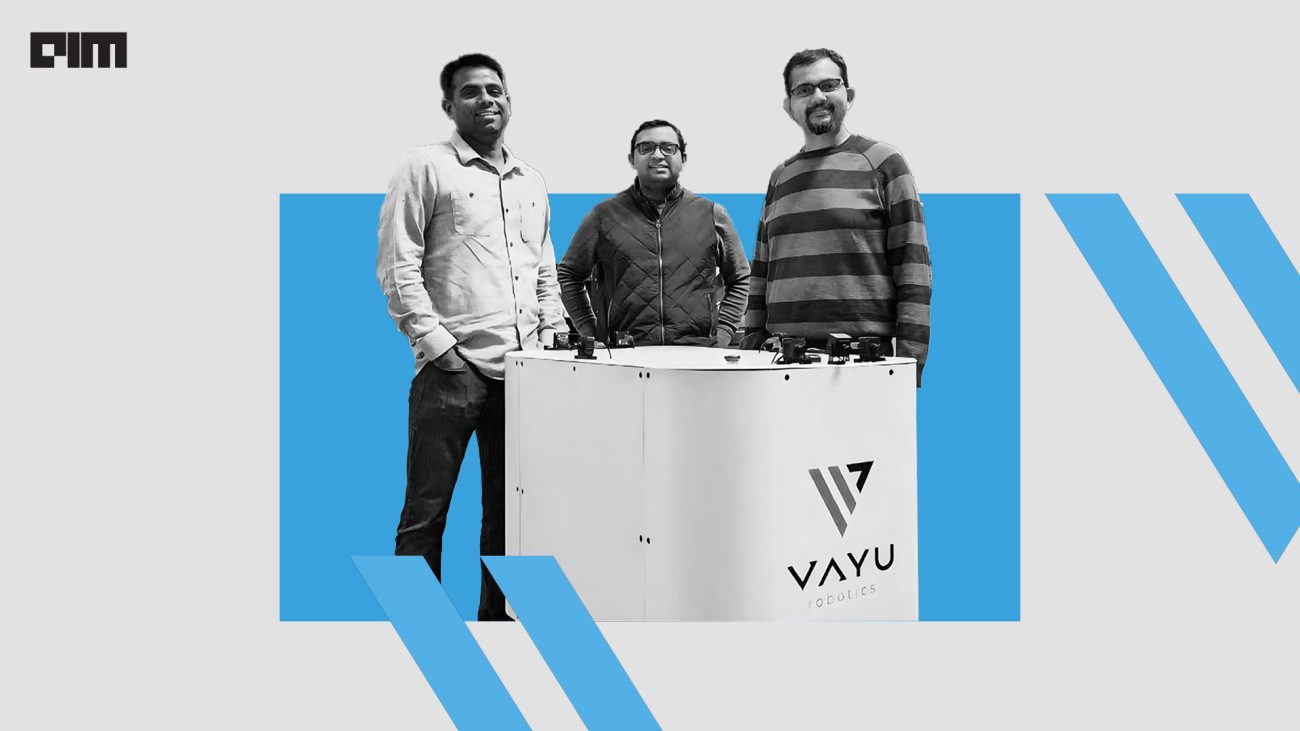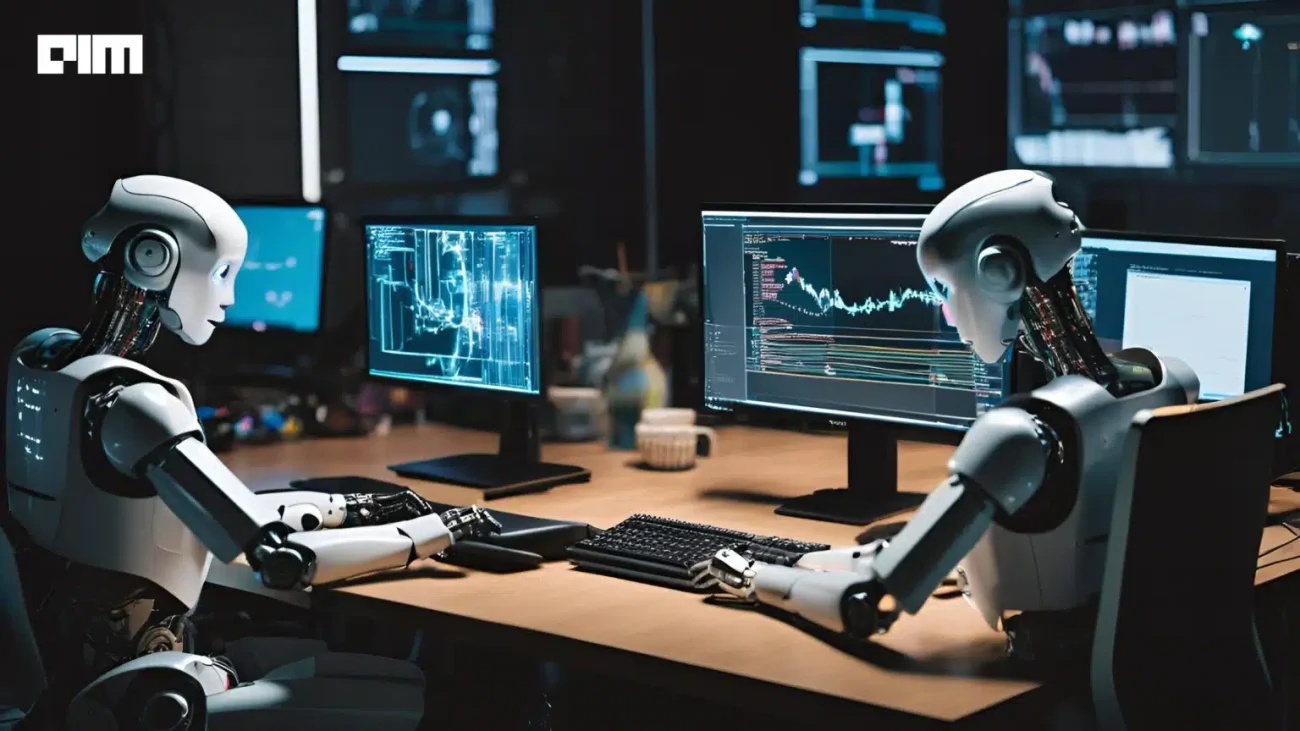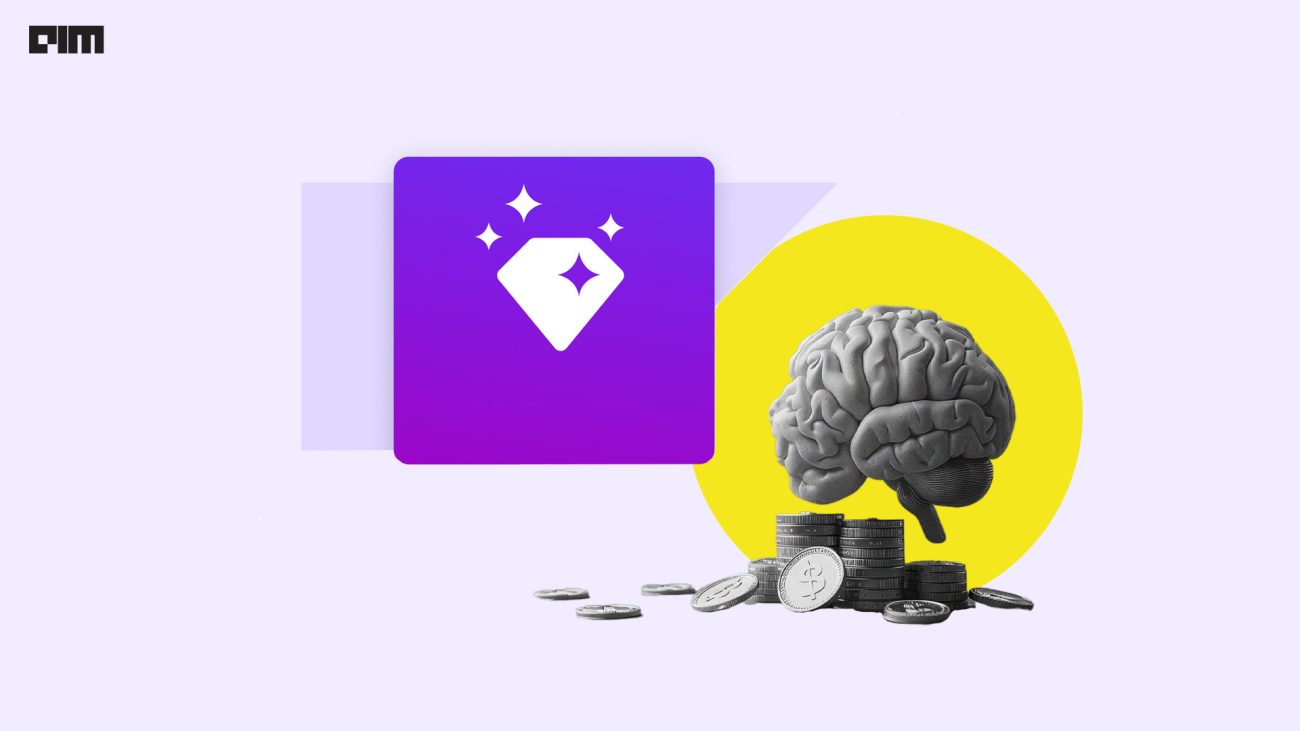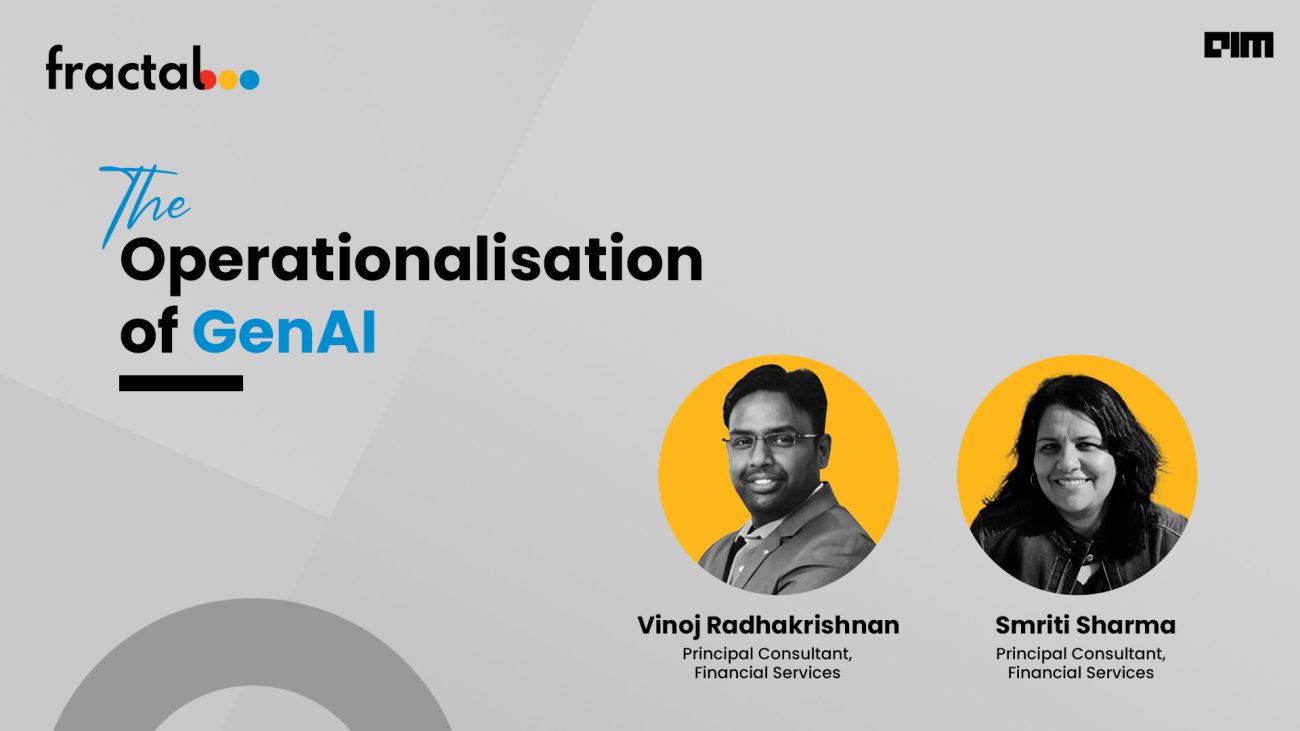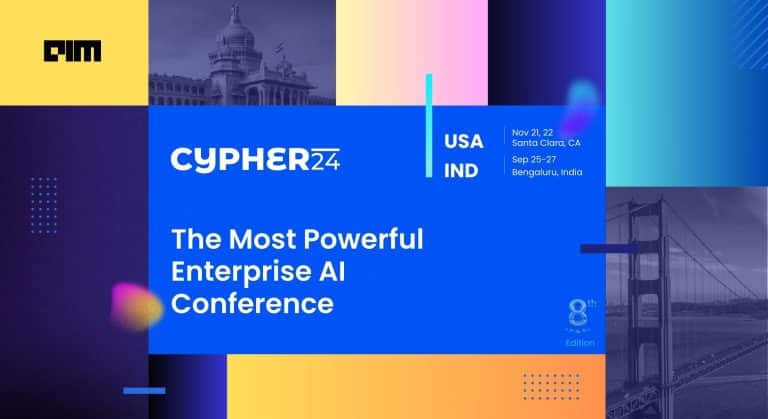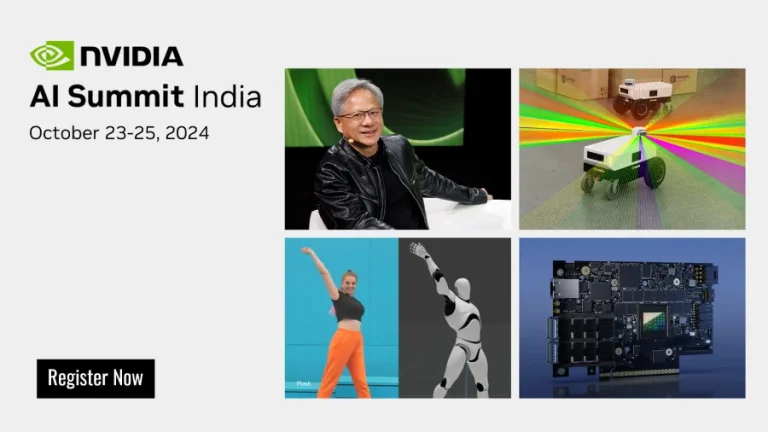In a recent interview, Vinod Khosla, the founder of Khosla Ventures, had some unconventional insight to share. He claimed that all major innovations almost always stem from disruptors originating outside of the field. Nobody with real experience is ever credited with any major innovation, he said.
As per Khosla, these disruptors often challenge conventional wisdom and apply cross-disciplinary knowledge to create breakthrough technologies and products.
In Khosla’s words, “Retailing didn’t come from Walmart, it came from Amazon. Space X didn’t come from Lockheed or Boeing. Companies like SpaceX and RocketLabs didn’t work in space before entering the field.”
Outsiders Bring in Fresh Ideas
And he isn’t wrong—everywhere you look, industries are being disrupted. The hotel industry encountered it with Airbnb, and the music industry experienced it with Spotify. Mark Zuckerberg created a social media platform that changed online interaction despite not being an expert in social networking.
Each one of these businesses, in Khosla’s words, offered a more practical service than the tried-and-true approaches. By doing this, they not only fundamentally altered the rules for their rivals and users but also inspired a new wave of innovation.
Khosla discussed how, in 2018, he decided to invest in OpenAI, which back then was a nonprofit focused on artificial general intelligence.
“Many people told me that I was crazy. It was a nonprofit and there were lots of reasons not to invest in it. It was an odd structure and they didn’t have a business plan. They didn’t know if they’d ever get revenue. And I made the largest initial investment,” he said.
Elon Musk is another prime example of this. Although he had no prior experience in the automotive or aerospace industries, he managed to disrupt both sectors by applying new perspectives and innovative thinking. His concept of a strong, long-range EV was fantastic.
However, when Musk first introduced his vehicle, the Roadster, based on the Lotus platform, it experienced multiple failures and recalls. The technology was not flawless, the market was unpredictable, and the pricing was incomprehensible.
Steve Jobs, for instance, revolutionised many industries, including computing, telecommunications, and music, not because he was a specialist in any of them. He did it because he approached problems from a user-centric standpoint, with an unwavering emphasis on design and simplicity.
Apple noticed that while laptops excelled in functionality—thanks to larger, more comfortable screens and keyboards, as well as fast processors—it lacked portability that cell phones had.
There was a unique desire for a device that was more portable than a laptop but had more capabilities than a smartphone, which led to the development of the iPad. At its peak, the iPad held 28% of Apple’s revenue.
The Non-Expert Advantage
“You don’t go hire somebody from IBM, who’s done IBM for 20 years; that experience will kill you for sure,” Khosla said in the interview.
Khosla believes that disruptive innovation typically comes from individuals or teams not deeply entrenched in traditional industry practices.
Let’s take a look at Khosla’s venture, Commonwealth Fusion System. In the interview, he spoke about meeting with a senior fellow from MIT’s plasma fusion lab.
Khosla felt that the world needed a different kind of electricity than
what was available, so he decided to take a chance with fusion energy despite nobody at the Department of Energy wanting to talk about it at the time.
Commonwealth Fusion Systems is now working to develop fusion as a viable energy source.
Another example is Okta, one of the first companies he invested in. Before Okta, several companies like Microsoft and IBM already offered IAM solutions.
However, they were primarily designed for on-premises environments. Okta thus began offering an entirely cloud-based program, which allowed for easier deployment, maintenance, and scalability. Today,
Okta holds a 28% market share.
Innovation Comes from Disruptors
There is another story playing out in Netflix’s (which has been around since 1997) transition from DVD shipping to streaming. This transition required the company to disrupt itself, which is an extraordinary task, as most successful disruptive innovations attack someone else’s profit pool, not one’s own.
Conversely, if the other industry’s core offering is a product, consider whether it can also be offered as a service. Hubspot provides an excellent example of this type of innovation.
Following the success of Google’s search engine, other companies started offering consulting services aimed at helping their clients become more visible in Google searches (i.e. search engine optimisation).
Hubspot developed software enabling companies to optimise search engines, thus transforming a core offering that others provided as a service into a product.
Learn Lessons in Disruption
Experts play a crucial role in driving innovation and advancing technology. Elizabeth Holmes is a prime example of this. She was a non-expert in medical technology who founded Theranos, promising revolutionary blood-testing technology.
The lack of deep medical knowledge led to flawed technology that failed to deliver accurate results, ultimately resulting in legal issues and the company’s collapse.
So, to innovate effectively, it’s often beneficial to balance the fresh perspectives of non-experts with the deep knowledge of experts.







